“An extraordinarily valuable film”
– Robert Jay Lifton
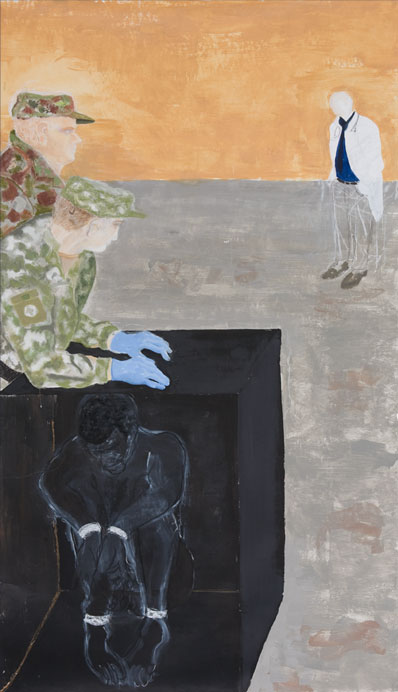

To hear each panelist and the Q&A, play the audio segments below. To add a comment at a specific point in a recording, click here to go to the Doctors of the Dark Side Soundcloud page and click on the point in the blue bar where you want to enter your comment.
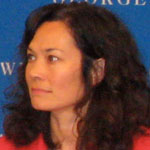
Kristine Huskey is the Director of the Anti-Torture Program at Physicians for Human Rights and an adjunct professor on national security at Georgetown Law. Professor Huskey represented Guantanamo detainees from 2002 to 2011 and was part of the legal team that brought the Rasul v Bush case, which ultimately won before the Supreme Court in 2004. She has taught national security, international humanitarian and human rights law at various law schools and is the author of Justice at Guantanamo: One Woman’s Odyssey and Her Crusade for Human Rights
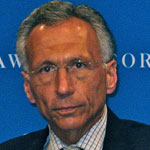
Stephen Xenakis is a retired brigadier general (ret.) and physician with 28 years of active service, who has been a senior advisor to the Department of Defense on neurobehavioral conditions and medical management. Since early 2005 General Xenakis has spoken against the breach of medical ethics within detainee operations – working with PHR, Human Rights First, and others. He has also assisted in the defense of a number of Guantanamo detainees.
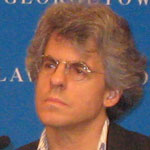
M. Gregg Bloche is Professor of Law at Georgetown University and author of The Hippocratic Myth: Why Doctors Are Under Pressure to Ration Care, Practice Politics, and Compromise Their Promise to Heal. Professor Bloche’s reports in the New England Journal of Medicine and the New York Times (with Jonathan Marks) were the first to describe the involvement of physicians and psychologists in abusive post-9/11 interrogation. The Hippocratic Myth is based in part on interviews with former CIA and military personnel and contains new information about the central role doctors played in developing what, in the eyes of many, constituted torture.
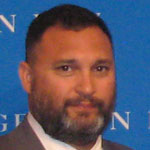
Eric Montalvo faithfully served over 21 years in the United States Marine Corps with duties as both a military prosecutor and defense counsel. He was the military prosecutor for the 1st Tank Battalion, prosecuting over 40 cases involving officer misconduct, national security, and Law of Armed Conflict Violations. In 2008, Mr. Montalvo was appointed to the Office of Military Commissions – Defense where he defended several Guantnamo detainees before retiring from the service. In 2011, Mr. Montalvo founded the law firm “The Federal Practice Group” where he focuses his practice on international trade matters, military law, and national security law.
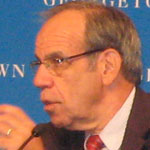
Len Rubenstein, during his career in public law, has investigated and campaigned against war crimes, discrimination against marginalized people, and the role of health professionals in torture. He has served at Georgetown’s Institute for Public Representation, the Bazelon Center for Mental Health Law where he was Executive Director, and as a Senior Fellow at the US Institute for Peace. Former Executive Director and the President of Physicians for Human Rights, he is now a Senior Scholar at the Center for Public Health and Human Rights at the Johns Hopkins Bloomberg School of Public Health.

Martha Davis, director of Doctors of the Dark Side, is a clinical psychologist who has taught in graduate programs at New York University, Columbia Teachers College, Hunter College and Hahnemann University in Philadelphia, and published extensively on her research on nonverbal communication. In the '90s she completed a government-funded study of behavioral cues to stress and deception in videotapes of criminal confessions. This experience in forensic psychology informed her study of the emergence of “behavioral science consultants” to interrogation and her first documentary, Interrogation Psychologists (www.forcusreframed.com).
1) Q: What would the doctors say about why they did what they did? A: from director Martha Davis and panelist M. Gregg Bloch
2) Q: What can we do? A: Kristine Huskey on the state legislaton for stronger licensing regulation and M. Gregg Block on who should be held accountable
3) Q: Is there no honorable way for a psychologist to provide expertise to interrogators in a national security situation? A: Panelists Xenakis, Montalvo, Bloch and Rubenstein weigh in on this controversial question.